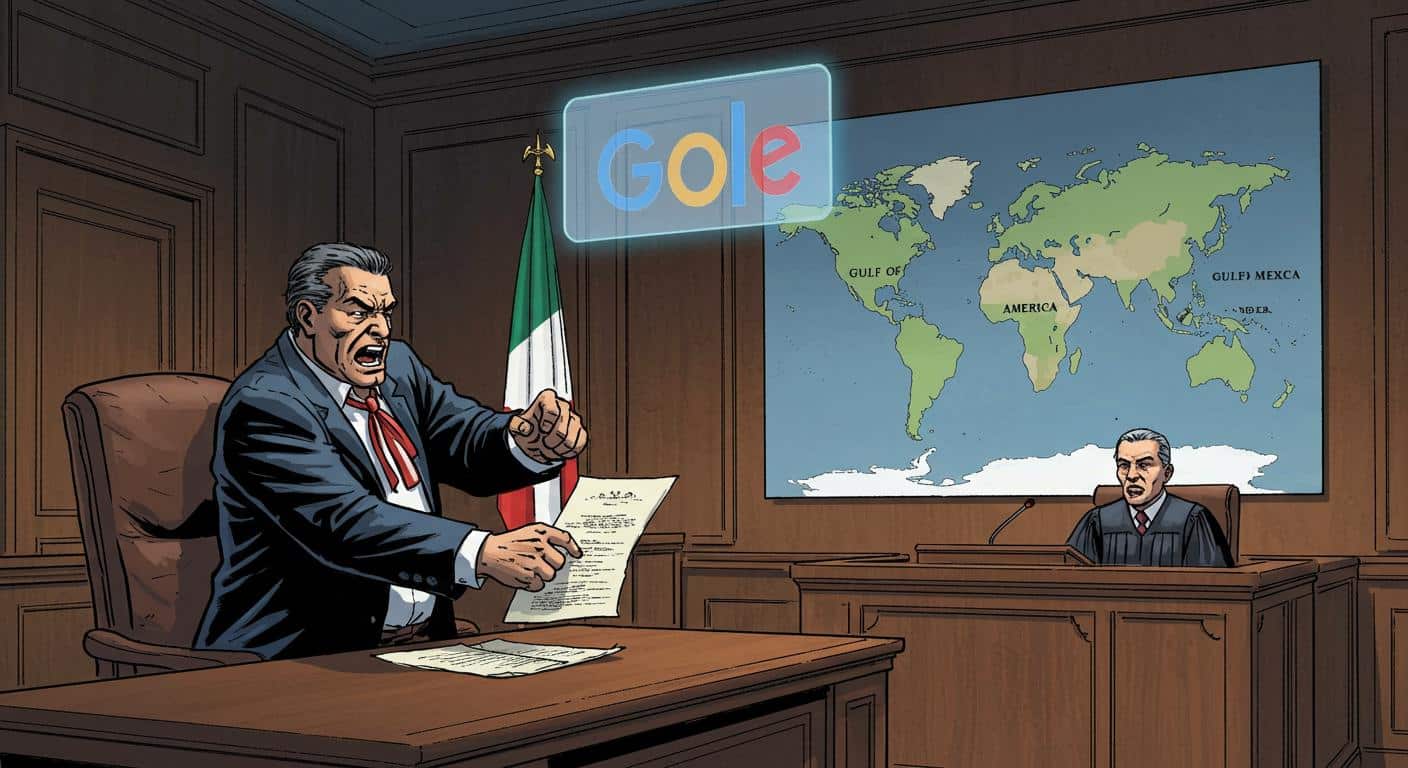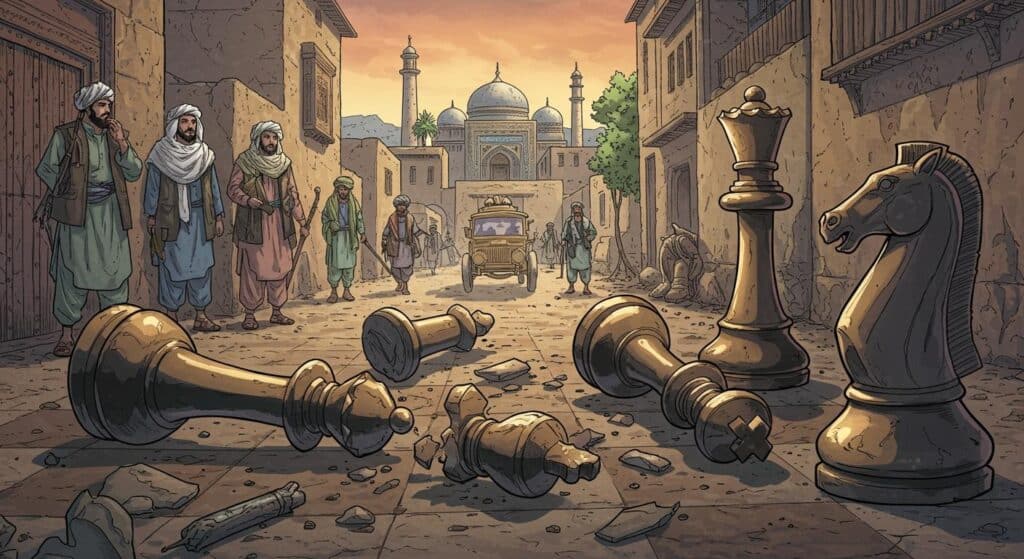There are ordinary border disputes, and then there’s the cartographic equivalent of renaming your neighbor’s cat while it’s still sitting on their porch. In a plot twist worthy of a very niche international drama, the government of Mexico has taken Google to court—over what the tech giant is calling the famously shared Gulf of Mexico on Google Maps. For U.S. users, the digital atlas now reads “Gulf of America,” a decision set in motion by an executive order from President Trump and, evidently, a collective groan from the Mexican government. If you thought map labels were a purely academic concern, think again.
From the Oval Office to the Googleplex
The true spark for this map melodrama began, as described in Irish Star, when President Donald Trump signed an executive order directing federal agencies to call the Gulf of Mexico the “Gulf of America.” This action was one of his earliest in office. Trump’s reasoning, according to remarks recounted by BBC News, was rather blunt: the US “do most of the work there, and it’s ours.” It does make a person wonder: Is there a minimum number of oil rigs needed to claim naming rights over a body of water?
In response to this executive nudge, Google adopted a region-based labeling policy on Maps, relayed in Irish Star and also detailed by BBC News: US users see “Gulf of America,” Mexican users still see the traditional “Gulf of Mexico,” and, for everyone else, Google covers its bases with “Gulf of Mexico (Gulf of America).” The company’s vice president for government affairs, Cris Turner, explained in letters referenced by both Irish Star and the BBC that Google’s actions followed “longstanding maps policies” which aim to implement official government changes impartially and consistently, even when the politics are less than tidy.
When a Map Is More Than a Map
Mexico’s displeasure runs deeper than just pixels on a screen. As South China Morning Post summarizes, President Claudia Sheinbaum announced at a press conference that her government had filed a lawsuit against Google, though details remain undisclosed for now. Prior efforts included repeated letters from Mexico’s foreign relations ministry urging Google not to label Mexican territorial waters as the “Gulf of America.”
The Mexican government’s stance remains that Trump’s order should apply solely to U.S. waters—specifically, the part of the Gulf over the United States’ continental shelf. Sheinbaum, quoted in the BBC’s reporting, emphasized that “all we want is for the decree issued by the US government to be complied with,” highlighting her view that the U.S. lacks authority to rename the entire gulf. As SCMP highlights, Mexico and other international entities simply aren’t obliged to recognize the change, even if millions will now encounter the new name through their mapping apps—a reminder that in the digital age, a map’s caption can have diplomatic weight.
Legislative Ripples and the Great Denali Do-Over
The saga quickly leaped from the executive branch to the halls of Congress. Irish Star documents how the Republican-led House passed a bill supporting the “Gulf of America” designation, although the bill faces long odds in the Senate due to the filibuster threshold. Notably, this naming energy isn’t without precedent. The same executive order, as the outlet points out, also saw Denali in Alaska switched back to Mount McKinley—a recurring pattern of name-tag tug-of-war with the natural world.
Elsewhere, the fallout found its way to the press corps. BBC News describes how the White House, after Associated Press declined to update its stylebook with the new Gulf name, restricted the AP’s access to events. This standoff endured for months before a federal judge intervened, ordering that the outlet’s access be restored.
The tendency toward rebranding isn’t stopping at western waters. BBC also relays, drawing on Associated Press coverage, that Trump hinted during a recent press conference about a possible push to rename the Persian Gulf as the “Arabian Gulf” or “Gulf of Arabia.” That proposal already drew an irate response from Iran’s foreign minister, who called the prospect “absurd” and warned it would “bring the wrath of all Iranians.” Apparently, the urge to rename knows neither ocean nor diplomatic risk.
Is Digital Cartography the New Front Line?
It begs the question: Has the humble digital map become a new arena for soft power and symbolic sparring? A worn paper chart might molder in a glove compartment, but Google Maps now shapes millions of perspectives with every search. A simple name tweak affects not only perception but, arguably, national identity and pride.
As Google finds itself headed for court and Mexico draws a bright digital line on its territory, we’re reminded that the quirks of politics and technology aren’t confined to history books—they unfold right on our screens, in living (sometimes disputed) color. What happens, say, if Google decides to rename the English Channel to “the French Strait” for users accessing Maps in Paris? Would the world see another headline-worthy junction of geography and international relations, or just an uptick in puzzled tourists?
One thing seems certain: Google Maps will never be just directions and street views again—at least not until everyone agrees on the label for the water in the middle.







